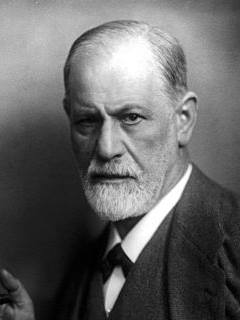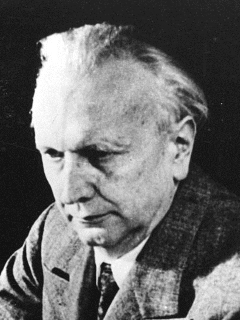Aaron Mishara
with Schwartz, M.A. , Schwartz, M. A. (2013)., What does phenomenology contribute to the debate about DSM-5?, in J. Paris & J. Phillips (eds.), Making the DSM-5, Dordrecht, Springer, pp. 125-142.
(2012)., The "unconscious' in paranoid delusional psychosis: phenomenology, neuroscience, psychoanalysis, in D. Lohmar & J. Brudzińska (eds.), Founding psychoanalysis phenomenologically, Dordrecht, Springer, pp. 169-197.
(2010)., Autoscopy: disrupted self in neuropsychiatric disorders and anomalous conscious states, in S. Gallagher & D. Schmicking (eds.), Handbook of phenomenology and cognitive science, Dordrecht, Springer, pp. 591-634.
with Parnas, J. , Naudin, J. (1998). Forging the links between phenomenology, cognitive neuroscience, and psychopathology: The emergence of a new discipline. Current Opinion in Psychiatry 11 (5), pp. n/a.
(1997)., Ludwig Binswanger, in L. Embree (ed.), Encyclopedia of phenomenology, Dordrecht-Boston-London, Kluwer, pp. 62-66.
(1994)., A phenomenological critique of commonsensical assumptions in dsm-iii-r: The avoidance of the patient's subjectivity, in J. Z. Sadler, O. P. Wiggins & M. A. Schwartz (eds.), Philosophical perspectives on psychiatric diagnostic classification, Baltimore, Johns Hopkins University Press, pp. 129-147.
(1993)., Die Phänomenologischen Grundlagen der Psychoanalytischen Theorie: das Problem der Subjektivität in der Psychoanalyse und Wissenschaftlichen Psychologie, in A. Tymieniecka (Hrsg.), Manifestations of reason: life, historicity, culture reason, life, culture II, Dordrecht, Kluwer, pp. 413-437.
(1990). Husserl and Freud: Time, memory and the unconscious. Husserl Studies 7 (1), pp. 29-58.
(1990)., The problem of the unconscious in the later thought of L. Binswanger: A phenomenological approach to delusion in perception and communication, in A. Tymieniecka (ed.), The moral sense and its foundational significance: self, person, historicity, community, Dordrecht, Kluwer, pp. 247-278.
(1989). Phenomenology and the unconscious: The problem of the unconscious in the phenomenological and existential traditions: E. Husserl, V. von Weizsacker and L. Binswanger, Pennsylvania State University, University Park, PA.
(1986)., A phenomenological approach to language acquisition and autism in terms of a motor unconscious, in A. Tymieniecka (ed.), The moral sense in the communal significance of life, Dordrecht, Reidel, pp. 249-264.
with Linschoten, J. (1979). The inevitability of phenomenology. Duquesne Studies in Phenomenological Psychology 3, pp. 49-59.




